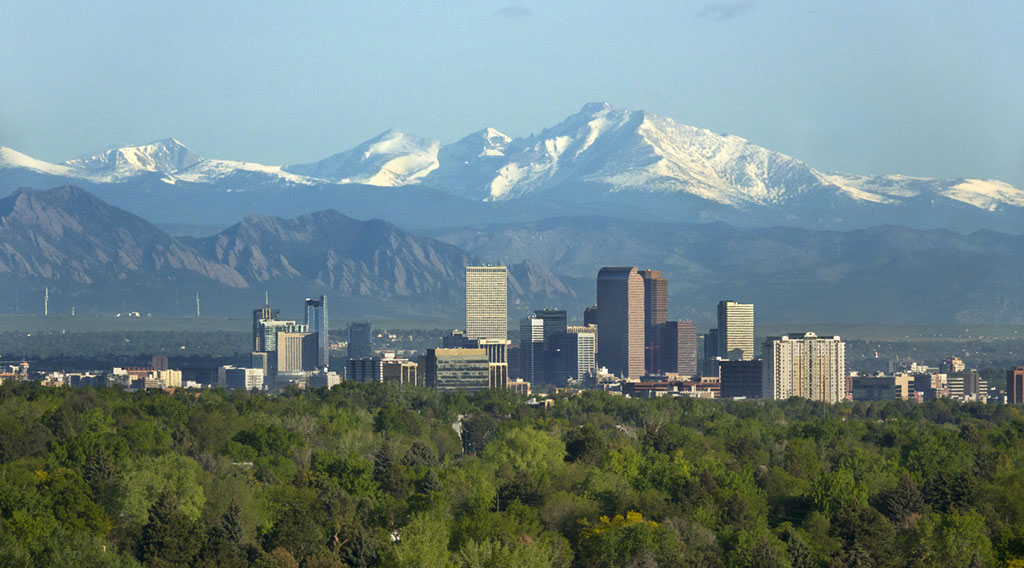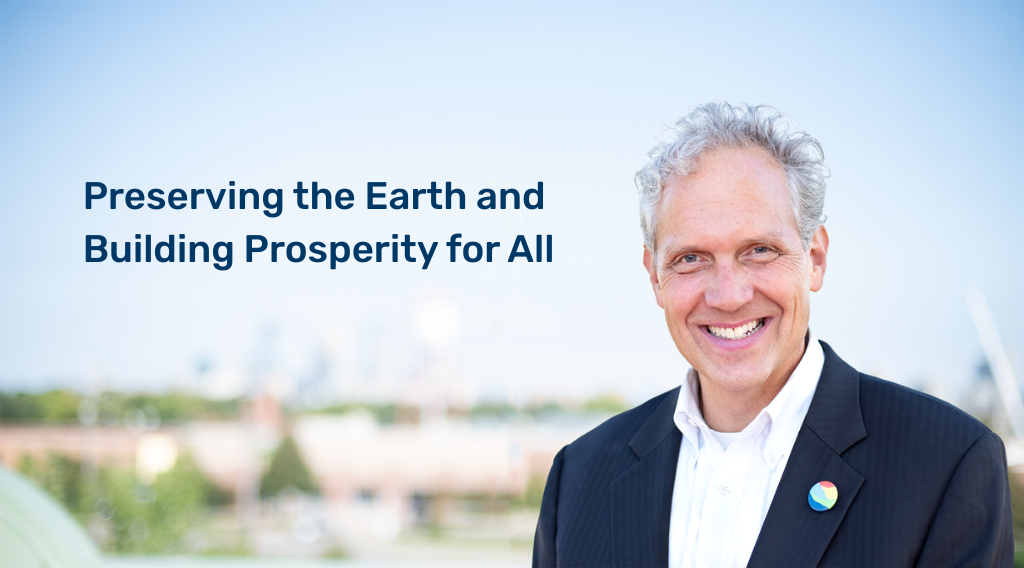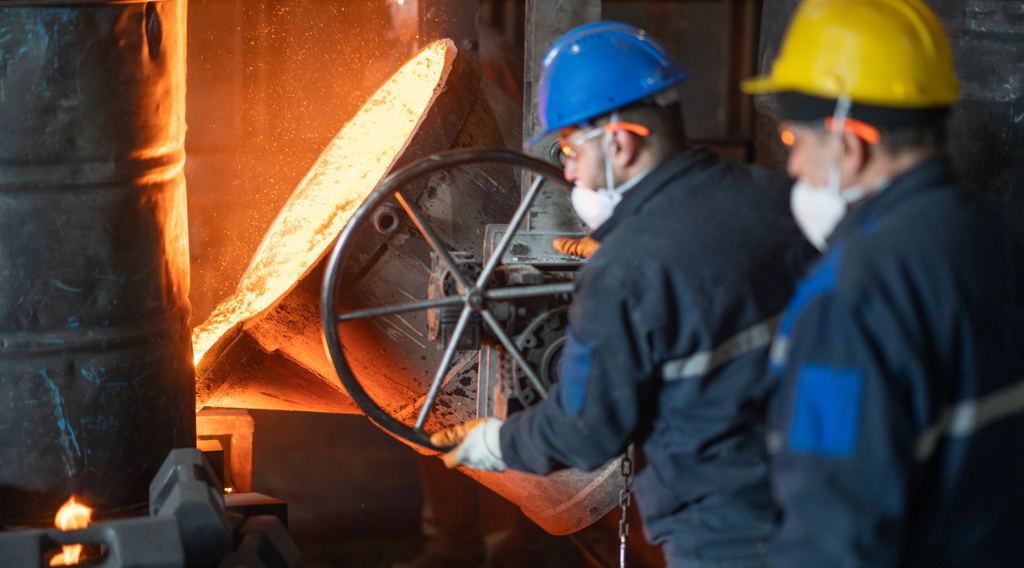
WASHINGTON – The expansion and reform of an existing federal tax incentive could help produce an additional 8 billion barrels of American oil over the next 40 years while safely storing 4 billion tons of carbon dioxide underground, according to analysis by the National Enhanced Oil Recovery Initiative (NEORI).
NEORI — a broad and unusual coalition of industry executives, environmental groups, labor representatives, and state officials — welcomed today’s introduction of a bill to encourage the use of captured carbon dioxide for enhanced oil recovery (CO2-EOR).
The bill introduced by Sen. Jay Rockefeller would help put carbon dioxide (CO2) captured from power plants and industrial facilities to productive use yielding additional oil from existing wells, while safely storing the CO2.
The tax credit program would pay for itself within 10 years through the federal revenue generated from new domestic oil production.
The bill adopts many of the recommendations made by NEORI, a coalition organized by the Center for Climate and Energy Solutions (C2ES) and the Great Plains Institute (GPI).
“This tax incentive will boost domestic oil production, generate net federal revenue, encourage the development of much-needed carbon capture technology, and safely store carbon dioxide underground,’’ said Brad Crabtree, vice president for fossil energy at the Great Plains Institute.
“Carbon capture and storage is a critical technology to cut carbon emissions while coal and natural gas remain part of our energy mix,” said Eileen Claussen, president of the Center for Climate and Energy Solutions. “Providing incentives to capture CO2 for use in enhanced oil recovery will help bring more commercial-scale projects on line, which will help advance carbon capture technology and lower costs.’’
CO2-EOR is a proven commercial practice in which carbon dioxide is injected into already developed oil fields to coax additional production. Most of the CO2 currently used in EOR comes from naturally occurring reservoirs instead of from man-made sources. Future expansion of CO2-EOR depends on capturing more CO2 from man-made sources. Today, numerous commercial-scale carbon capture projects sell CO2 for use in enhanced oil recovery projects in 10 U.S. states.
By expanding the existing Section 45Q Tax Credit for Carbon Dioxide Sequestration, the bill would help several significant CO2-EOR projects nationwide secure private sector financing and move forward to commercial operation.


